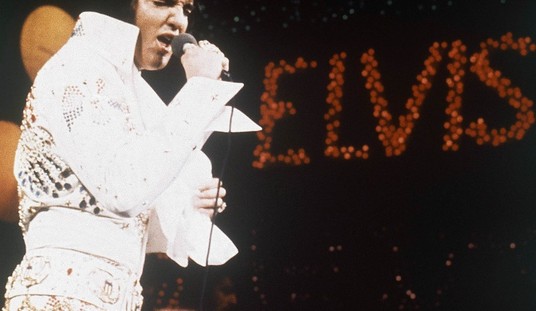France’s second massive intelligence failure in less than a year was different than the January Charlie Hebdo attack in one key area: governments across the continent knew it was coming and still couldn’t stop it.
That admission by a western diplomat to Buzzfeed is hardly a secret. For two years, European governments have been warning of nationals returning from Syria after having fought for Islamic State. They knew at least some of them would be security risks. They knew at least some of them would try to carry out terrorist attacks.
Couple that with France — especially Paris — being on the highest state of alert in its history as thousands of police and soldiers poured into the capitol to begin the process of locking down the city for the upcoming climate conference next month and an uncomfortable truth begins to emerge.
The traditional means of collecting intelligence against terrorists may not work with “soft targets.”
As Parisians woke up to surreally empty streets on Saturday, they confronted an uneasy question — how could France’s security services have failed to prevent the previous evening’s terrorist attack, the worst in Europe for a decade, just months after allowing another?
The highly coordinated nature of Friday’s attacks, in which at least eight assailants launched near-simultaneous assaults in six different locations across Paris, killing over 120 people, has raised questions about whether French counterterrorism units received any warnings that an attack was imminent. Though all but one of the assailants detonated suicide vests, French President François Hollande declared within hours that they were ISIS militants directed from abroad. French media reported that one of them was previously known to police.
“We were expecting something. We knew it was coming,” said one western diplomat who spoke to BuzzFeed News on condition of anonymity because they were not authorized to discuss the subject. “The fact that we failed to stop it is definitely a failure. But you can’t imagine the number of attacks we have stopped. This was the nightmare scenario. The targets were all soft targets. How can you protect against people determined to attack a bar or concert?”
The regular channels by which terrorist chatter is monitored by national technical means didn’t pick up a thing. Why not? It could be that even an amorphous group of terrorists don’t need to use devices to communicate. And the disconnected nature of their relationship with ISIS leadership means they don’t have to keep their bosses informed of their progress.
The country’s security services have been on alert since January, when three homegrown radicals — two of whom had been known to French counterintelligence for years — killed 12 people in attacks on the satirical magazine Charlie Hebdo and a kosher deli, prompting massive demonstrations that turned Paris into a symbol of anti-terrorist defiance. In August, French intelligence detained a 30-year-old man on his way back from Syria who said militants were planning attacks on French concert halls.
Marc Trevidic, a leading former counterterrorism magistrate, told Le Figaro “it was absolutely obvious” that a major attack was being prepared. Returning militants he interrogated in recent months told him that “France is the biggest enemy of [ISIS] and the terrorist organization is going to punish us and hit us from all directions,” Trevidic said. “Their fighters’ resources are inexhaustible. Their hatred will not stop there.”
Short of infiltrating a terrorist cell, western intelligence will continue to be in the dark when it comes to the operational plans of terrorists. This guarantees a repeat of Paris in cities around the world.









Join the conversation as a VIP Member